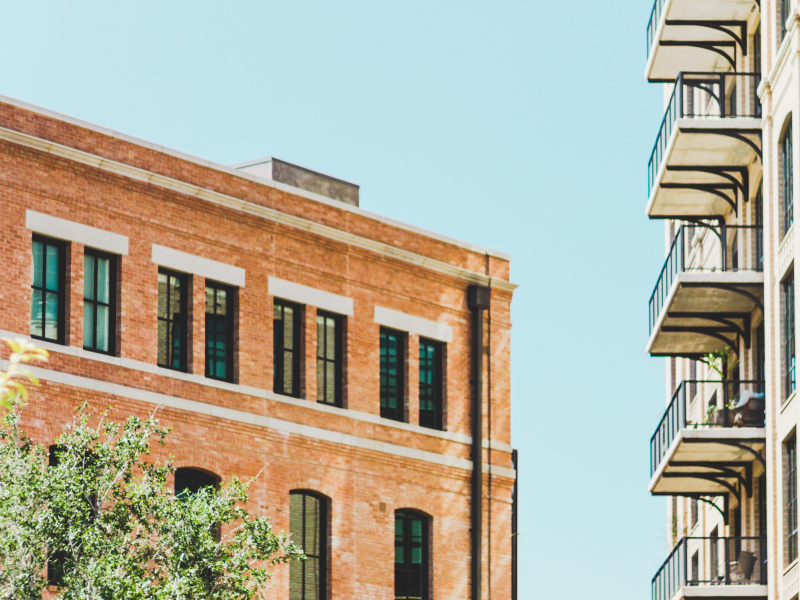Pros And Cons Of Residential And Commercial Property Investment
While residential properties are generally considered a safer investment, the returns on commercial properties can be higher. We look at the pros and cons of residential vs commercial property investment.
Both residential and commercial property can make excellent investments. Which one is right for you depends on your situation and investment portfolio goals.
While most Australians think of residential property when they consider property investment, commercial property is another option worth considering. However, there are key differences between the two.
We review some of the key things you should know before taking the plunge.
Capital Outlay
Commercial property includes everything from office and retail spaces to restaurants, healthcare centres or carparks, so the cost will depend on exactly what you are purchasing, but commercial investments can often come at a much lower price than buying an apartment or house. This can allow you to get your foot on the property ladder sooner and start building your investment portfolio.
A residential property may require bigger initial capital outlay if there are issues, such as painting, plumbing, electricals or renovations, which need to be addressed before it can be tenanted. A commercial tenant will usually want to outfit the space to suit their needs and will typically carry this cost.
Outgoings
If you own a residential property, you are responsible for paying outgoings such as council rates, body corporate fees and water rates. With a commercial property, tenants typically pay these outgoings for you.
Lending Conditions
It can, however, be much harder to get a loan for a commercial investment as they are generally considered higher risk. A minimum deposit may be as much as 30 per cent to 50 per cent, much higher than the typical 20 per cent (or less with LMI) that is required for residential property. Lending conditions may also be stricter.
Returns And Risk
Residential property investment is generally considered a safer investment, as there is greater supply and demand, property values are typically more stable, and it’s easier and faster to find tenants. However, the flip side of this is that average rental returns are typically lower than gross rental yields for commercial properties, which can be two or even three times as high.
Lease Terms
Finding good, long-term tenants can sometimes be a struggle with residential properties and leases are typically six months to a year. A commercial tenancy usually ranges from three to ten years. Tenants tend to stay longer because they’ve outlaid capital custom-fitting the premises to suit their business needs. If you are leasing to a well-known company, for example, they will generally want the option to extend the original lease, so you could have the same tenant for decades.
Finding Tenants
The downside to long-term leases for commercial properties is that when the lease expires, if the tenant does move out, it could take a long time to find a new one as spaces tend to be more specific to business or industry needs. Meanwhile, you’ll be stuck paying all of the bills. With residential properties, it’s usually fairly easy to find new tenants in a reasonable time frame.
Market Conditions And Volatility
It’s also important to note that commercial properties can be more sensitive to economic downturn, which can in turn make them harder to lease. Also, because commercial property values are tied to their leases, they can drop suddenly and sharply. Downturns in residential property tend to occur more slowly and steadily and in a cyclical fashion.
Need More Advice About Property Investing?
Contact our team of specialists today.
